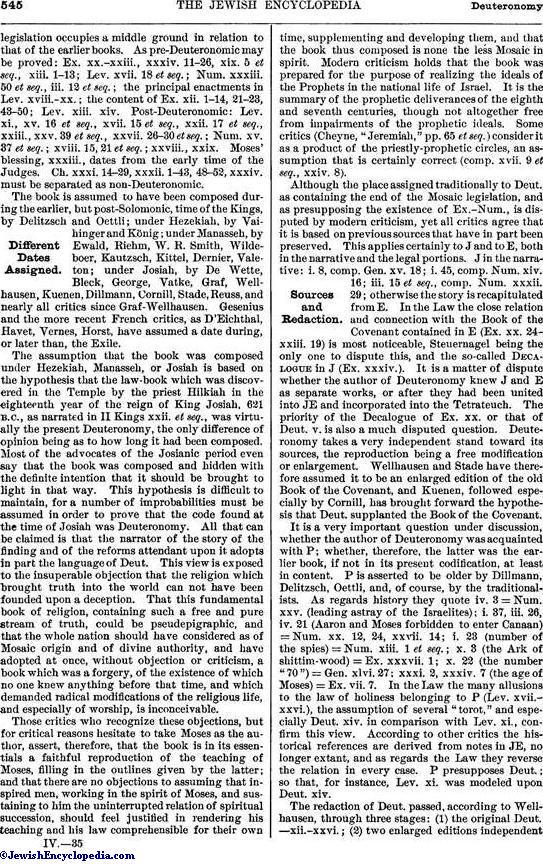

While there were, evidently, questions raised concerning the origins of the Old Testament books, many people looked to the church for their interpretation and for guidance in their understanding of these issues. It was not until after the Reformation, however, that the level of attack against the fidelity of the Old Testament was raised. there were further attacks against the chronology of the Old Testament, especially among Muslim apologists. 2 In the latter years of the first millennium A.D. He doubted that anyone could prophecy with that degree of accuracy, so it must be an eyewitness account. 1 Porphyry argued against Daniel having written the work ascribed to him, and dated it to the time at which the prophecies were fulfilled (i.e., during the reign of Antiochus IV Epiphanes, 175-163 B.C). Some with Gnostic leanings declared the Old Testament to be the creation of a lesser god than the God of the New Testament. In the formative years of the church there were various attempts made at criticism of the Old Testament both inside and outside of the church. While such a Christocentric view of the Old Testament is certainly laudable, this approach did not show respect for the fact that the books of the Old Covenant were written within a historical context by historical figures.

Origen, and others of the Alexandrian tradition, favored an approach to Old Testament theology that saw the entire work as an allegory–beneath any Old Testament text there could be found, if one looked hard enough, an allegorical reference to a New Testament event or person. While the church has, from its earliest days, recognized that the Old Testament is a part of her heritage, there has by no means been a consensus view with regard to its interpretation.


 0 kommentar(er)
0 kommentar(er)
